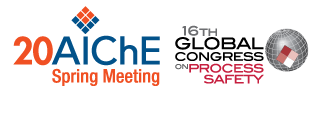

A significant portion of Canadian bitumen is transported via pipelines by blending the high-viscosity bitumen with diluent at a ratio of 25-50 vol% to meet pipeline specifications for viscosity (350 cSt at 7°C) and density (940 kg/m3 at 15.6°C). In addition to being expensive, diluents occupy valuable pipeline capacity and must be separated in refineries only to be transported back to bitumen production sites for reuse. Raw bitumen is sold at a discount price on global markets and has limited access to current and new markets due to its low quality. A number of recent studies have shown that partial upgrading technologies, especially if integrated with upstream operations, can effectively overcome these challenges to reduce, or even eliminate the use of costly diluent, increase bitumen quality and market value, potentially decrease GHG emissions, and reduce capital and operating costs compared to bitumen full upgrading. Currently, most of the partial upgrading technologies under development are based on thermal processing. However, due to some undesired properties of thermally cracked products, such as incompatibility and high olefin content, commercial visbreaking processes cannot convert bitumen directly into a product that meets pipeline specifications. In this study, we focused on the investigation of product qualities at different thermal cracking severities to achieve maximum reduction of density, viscosity and total acid number (TAN), while ensuring reasonable product compatibility and stability.
Presenter(s)
Once the content has been viewed and you have attested to it, you will be able to download and print a certificate for PDH credits.
If you have already viewed this content,
please click here
to login.
Language
Pricing
Individuals
| AIChE Member Credits | 0.5 |
| AIChE Pro Members | $19.00 |
| Fuels and Petrochemicals Division Members | Free |
| AIChE Graduate Student Members | Free |
| AIChE Undergraduate Student Members | Free |
| AIChE Explorer Members | $29.00 |
| Non-Members | $29.00 |
